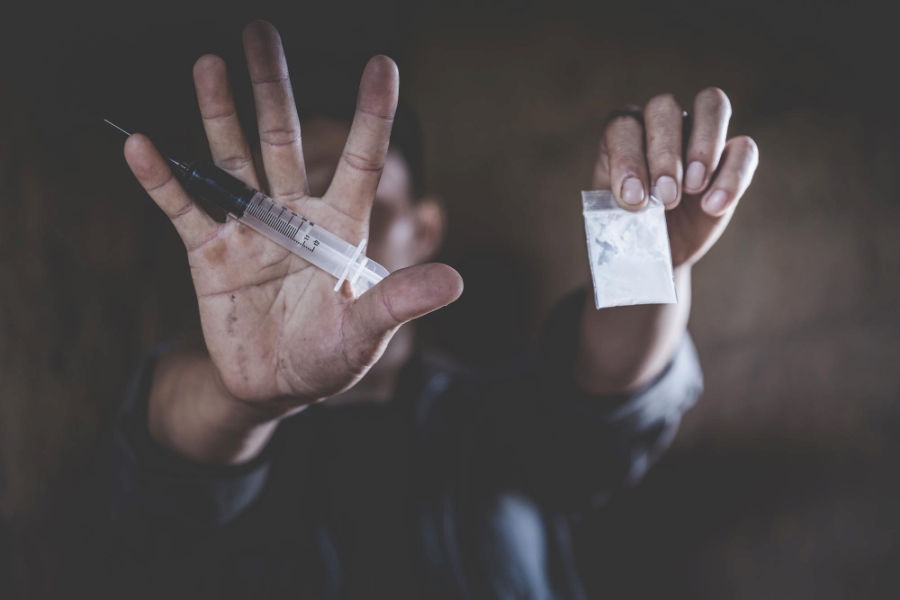Substance abuse is not just a problem that affects a select few in the population. People struggling with addiction and related behavioral health issues have become more understood through recovery advocates, and it is no longer an unspoken subject. In fact, most people have been touched by substance abuse either personally, through a family member, a friend or even a coworker.
The coworker relationship can be tricky to navigate. People oftentimes have difficulty with the line between professionalism and friend in a situation where it is not uncommon to spend more time with one’s coworkers than members of their own family. When a fellow employee has struggled with substance abuse there are certain ways that other coworkers can be more helpful and respectful.
The first of which is to encourage them to seek help at a treatment program. Many companies of substance abuse policies and employee assistance programs that take rights into account such as the Family Medical Leave Act (FMLA), which allows people to take time off for treating medical conditions.
After completion of a treatment program, many people are encouraged to return back to work. Returning to work helps a person regain a more normal routine and allows them to achieve a healthy sense of accomplishment. However, returning back to work after a substance abuse problem has occurred can illicit many feelings, both for the addict and their fellow employees.
Some people will want to talk to the recovering addict about what happened and find out how their treatment went, but employees should be encouraged to respect the privacy of a person who is in recovery. Allowing the person some space and staying focused on work will help to make the situation more comfortable for everyone involved. If they want to open up and talk about it after hours, then it should be left up to them to start that conversation.
When someone successfully completes a treatment program they are expected to exhibit some changes. These changes may be visible to employees when the coworker returns to their job. They may be more quiet, they may be more talkative, they may be more driven or they may be more relaxed. Either way, a work environment that supports these changes, as long as they are able to perform their duties well, will be more beneficial to a recovering addict than an environment that assumes the person will be the exact same as they were before treatment.
Committing to a treatment center to handle a drug or addiction problem is a major step for someone in need of help. Creating a safe and comfortable work environment after their return is a way that coworkers and employers can help with the transition back into normal life. Addiction does not discriminate, as people from all walks of life and professions can fall into the trap. Offering as much support and encouragement as possible to help them advance in their recovery is as crucial at work as well as at home.









